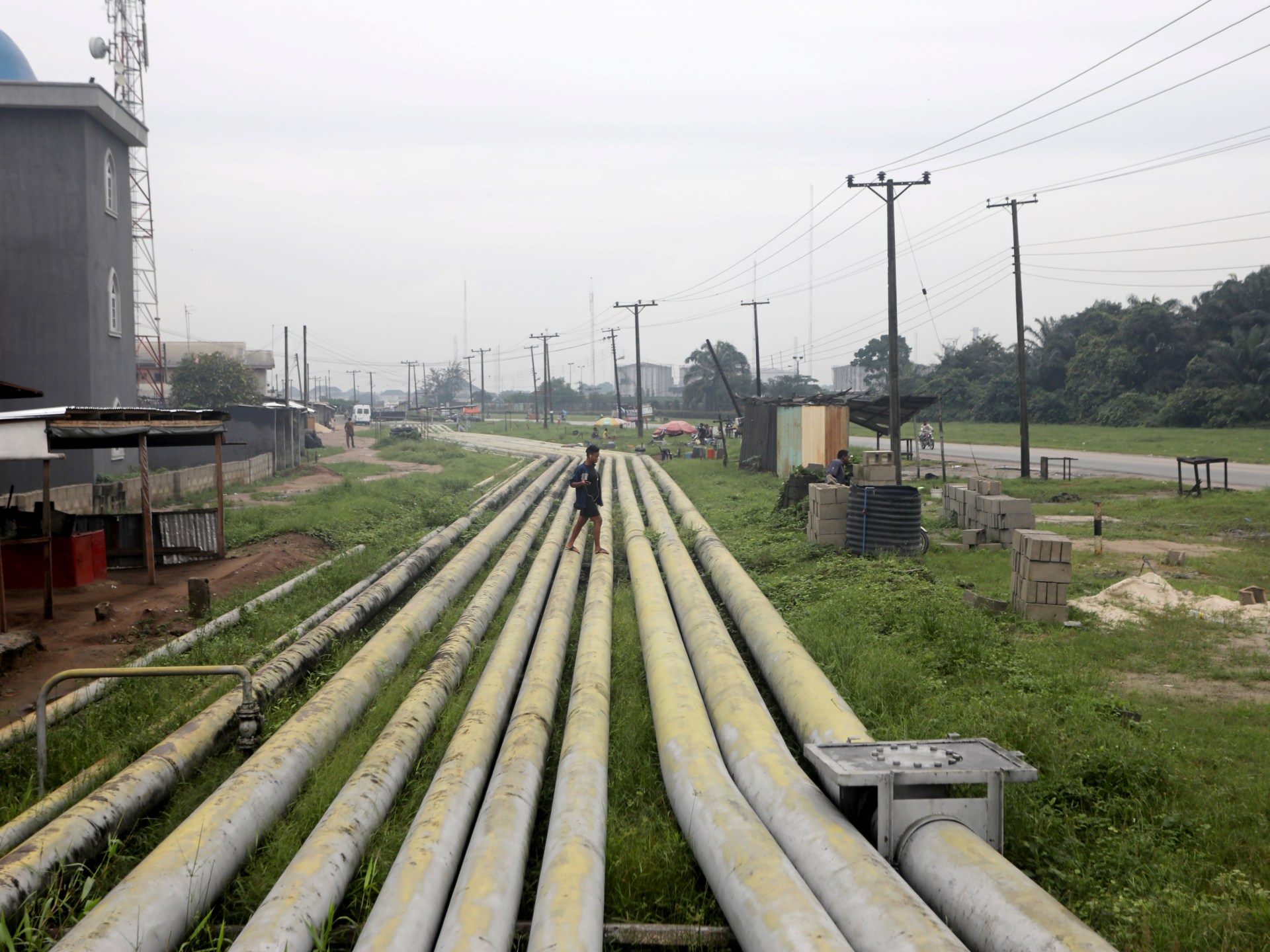
Political crisis in Nigerian oil capital sparks fears of more economic woes
Al Jazeera
Rivers State crisis has yet to be resolved fully despite alleged intervention by President Tinubu.
Abuja, Nigeria – On October 30, oil-rich Rivers State, Nigeria’s oil capital, became the latest hub of political drama in the country following the state parliament’s attempted impeachment of Siminalayi Fubara, who had been governor for only five months.
The impeachment notice was signed by 24 of 32 lawmakers, all loyal to Nyesom Wike, Fubara’s predecessor, who was hitherto seen as his “political godfather”. Wike has accused Fubara of wanting to destabilise the structure that brought him to office.
Since then, a political crisis has unfolded, impeding governance in the state and risking crude production in Africa’s largest oil producer.
The parliament complex was burned down; 27 lawmakers defected from the Peoples Democratic Party to the All Progressives Congress – the opposition at state level but the national ruling party – while the remaining five elected a factional speaker; Fubara presented the 2024 budget to these five lawmakers and nine members of the state cabinet resigned.
The crisis split the parliament into two factions: one backed by Wike, now a federal minister, and the other faction loyal to Fubara. A night before the impeachment attempt, an explosion by unknown arsonists destroyed a section of the legislative complex. During Fubara’s inspection tour of the complex the next day, the police fired tear gas at him.











